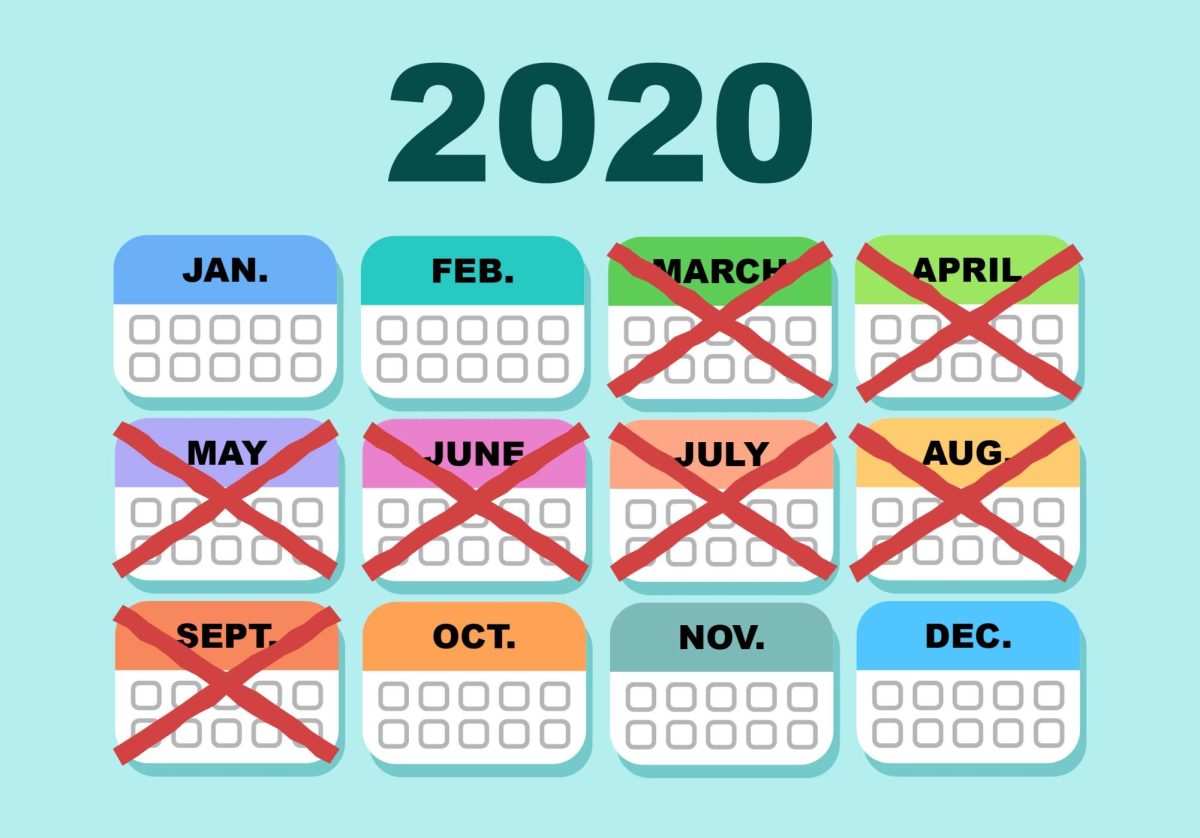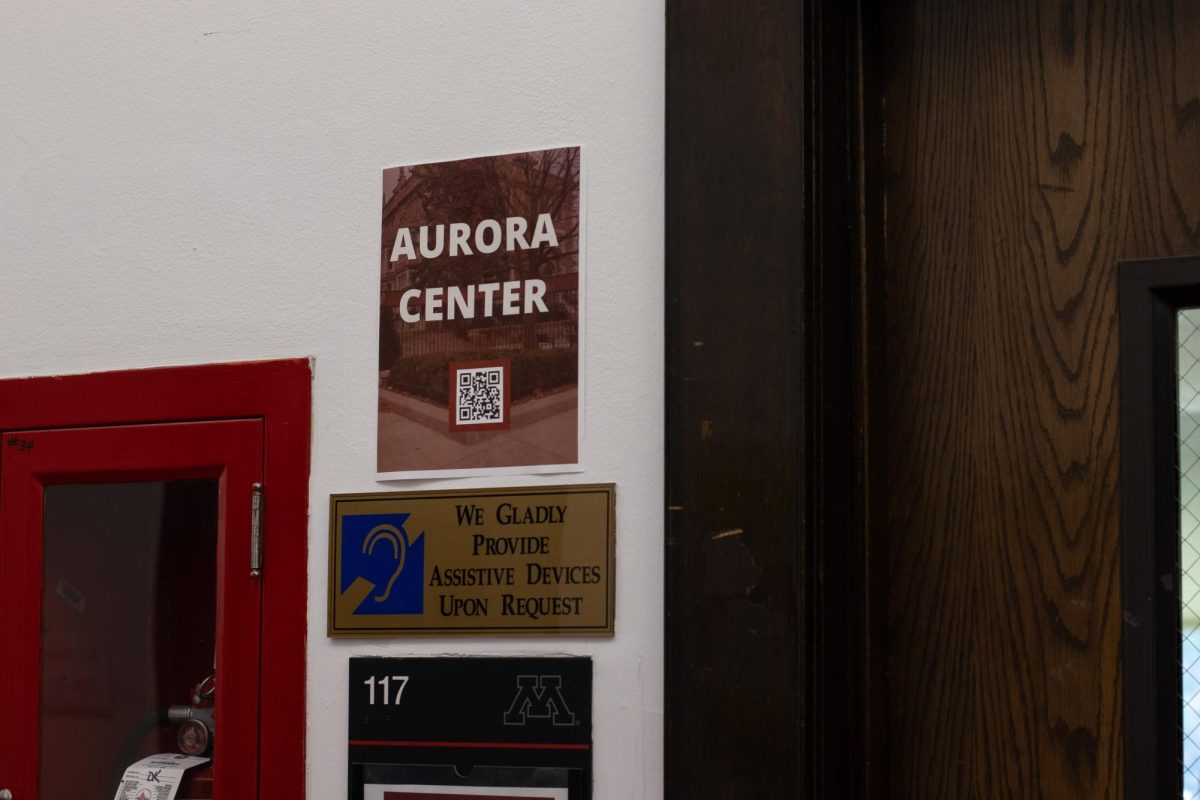Michael Moore’s new documentary, “Fahrenheit 9/11,” the most talked about documentary in history, opens Friday at area theaters.
Early reports of the film, which won the prestigious Palm d’Or at the Cannes Film Festival, indicate it is a commentary vehemently opposed to President George W. Bush that reexamines the Sept. 11 attacks, the subsequent “war on terror” and unusual connections between Bush and several key terrorist figures.
Already, most conservative pundits in this country have decried it. Fox News commentator Bill O’Reilly reportedly walked out of a screening, and even congressman Mark Kennedy, R-Minn., has come out swinging, claiming his answers to Moore’s questions were cut from the film’s final version.
In discussing “9/11” with friends, I have been amazed by a sizable number who believe the film should never have been made. They cite Moore’s lack of journalistic integrity, manipulation of subject matter and subjective investigation of topics.
Consider this quote, “Moore’s films are trite little pieces of emotional drivel that have no real substance and discourage an intelligent, honest and open debate. His films polarize people on issues so completely because they rely so heavily on emotional responses.”
I agree Moore is manipulative, coercive and, at times, deceptive. But my belief on this film can be summarized by five words: “9/11” is good for America.
In “Bowling for Columbine” and now in “Fahrenheit 9/11” Moore has made films about pressing social issues, attempting to provoke discussions reticently broached in mainstream society. In “Columbine,” he looked at America’s violent nature and asked us to really consider the scapegoats we blame for youth violence. He spoke with Marilyn Manson about the subject, while many pundits criticized the singer without ever hearing his music or messages.
“Columbine” was an engaging film that still stands as one of my most memorable moviegoing experiences. Several stormed out, others gave it a standing ovation and debate raged on afterward as the entire theater shifted to the street outside.
I disagreed with many of Moore’s conclusions, but was enamored with the power of his work to incite debate and argument. I saw a diverse crowd arguing about gun control, modern U.S. welfare, the role of the media in propagating a culture of fear and, of course, the real cause of the horrifying Columbine tragedy.
To cite “Columbine’s” inaccuracies or exaggerations is to miss the point. It was not presented as fact. It was a commentary, told with a personal bias, which sought to change people’s opinions.
The point is to relish its provocativeness, not its purported un-factualness.
With “9/11,” Moore promises to be even more provocative. He reportedly includes video of soldiers degrading prisoners, in a disturbing parallel to the current Iraqi prison scandals. He also included a video that shows Bush remaining in a school during the morning of Sept. 11, after having heard about the second plane crash at the World Trade Center. This has never been exposed before and, if true, paints a disturbing picture of a president remaining at a photo op as the country plunged into crisis.
As with “Columbine,” many have questioned “9/11’s” reliability. They ask where Moore got the school video and why he has kept the Iraqi footage private.
In response, Moore said a teacher had the Bush video, but no one bothered to ask her about it. As for the Iraqi video, Moore claims he was shocked no other media ran a story about widely apparent Iraqi prisoner abuse that was easy for him to capture.
These statements sum up my views nicely. Moore is needed because he’s filling a critical void. He’s bringing new arguments, claims and accusations to the table. He is the liberal Rush Limbaugh.
While I rarely agree with him, his films are editorials. While I concede he manipulates facts, he wants us to talk – and talk we shall. Go see “Fahrenheit 9/11.” Love it or hate it. Agree or disagree with its sentiments. Love or hate its maker. But see it and talk.
In a country where people are labeled “unpatriotic” for disagreeing with the president, where the media has lost its backbone to challenge government and where this homogenous media is now in the control of fewer and fewer hands, I welcome a work that makes me ask new questions and consider new facts.
Steven Snyder welcomes feedback at snyd0151@umn.edu







